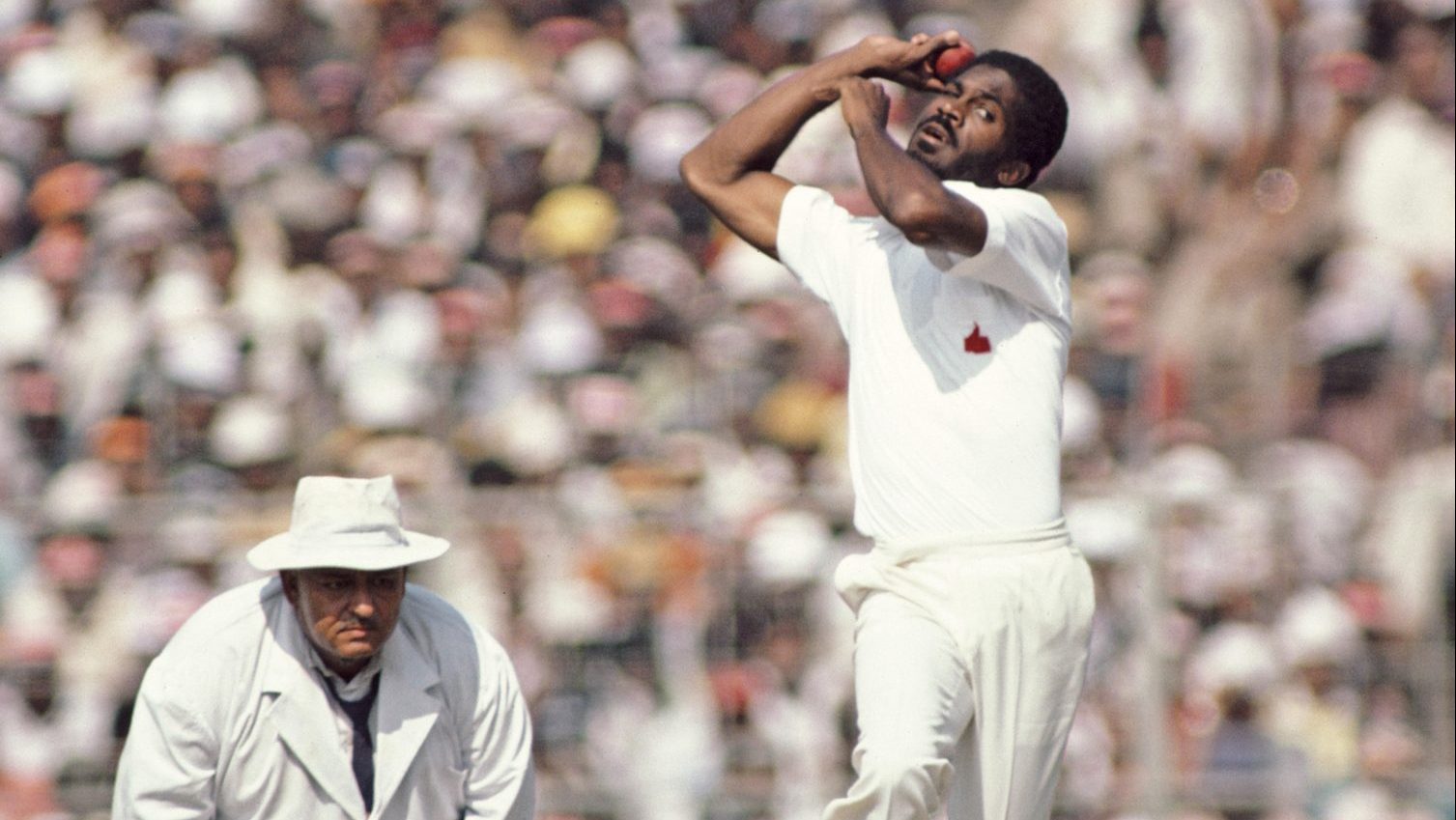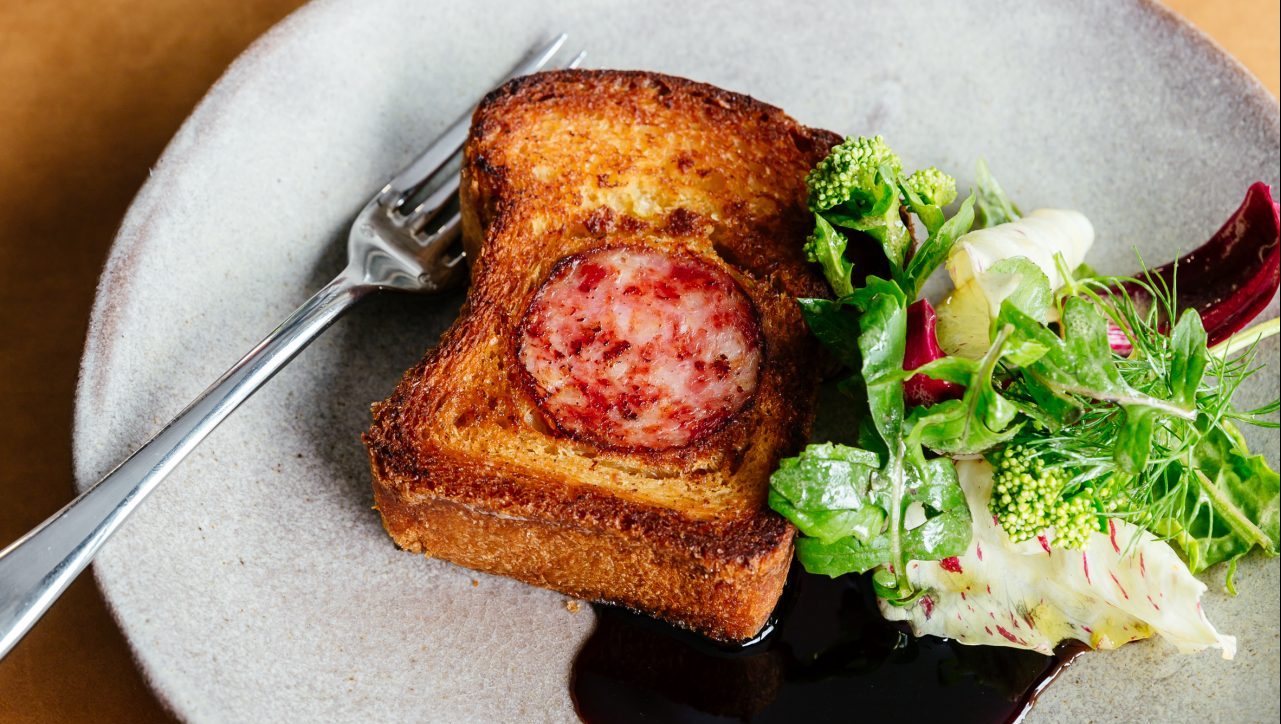The famous Jamaican cricketer Michael Holding was part of the all-conquering West Indian eleven from 1975 to 1987, and one of the greatest and most admired fast bowlers of all time. The umpire ‘Dickie’ Bird called him ‘Whispering Death’, because of his swift but light-footed, almost silent run up.
Holding has since been a revered cricket commentator. And he has recently received enormous praise for his moving and insightful contributions to the Black Lives Matter debate. His book Why We Kneel, How We Rise deals with the history of institutionalised racism and how it has affected people like him.
Holding recently appeared on BBC Radio’s Desert Island Discs programme, where he made a linguistically very interesting observation.
When the interviewer Lauren Laverne asked him how he had felt about working as commentator for the first time, he replied it had not been easy to start working for the media, not least because “English was not my first language”.
The cricket-playing nations of the Caribbean are generally thought of as being English-speaking, and the official language of Jamaica is indeed English. But this does not mean that English is the mother tongue of the whole population of the country.
Mike explained that, like most Jamaicans, he grew up speaking what is known in Jamaica as Patwa. Linguistic scientists refer to Patwa as Jamaican Creole: it is not a patois or dialect, but language in its own right, and a perfectly normal one.
Its speakers, however, have suffered greatly because its language status has not always been recognised, including even in Jamaica itself.
Jamaican Creole is historically related to English – it is the outcome of contact between English speakers and speakers of West African languages, and therefore has many similarities to English.
But these similarities are not necessarily enough to make the two languages readily mutually intelligible. Wantaim, wan man en ha wan gyal-pikni nomo. Im ena wan priti gyal fi-truu. Im neba laik fi taak tu eni an eni man. Im laik a nais buosi man fi taak tu translates into English as ‘Once upon a time, there was a man who had only one daughter. She was a really pretty girl. She didn’t like talking to just any man. She wanted a nice, fine man to talk to’.
Sadly, because of the historical relationship between Patwa and English, and the linguistic similarities between them, there is a widespread view in Jamaica that what the majority of Jamaicans speak is simply a rather inferior version of English – which it most certainly is not.
Children in Jamaica are taught to read and write English because it is considered to be their mother tongue, but there is a long history of pupils doing much less well in English language exams than in other subjects.
In England in the 1960s and 1970s, no one was surprised that children arriving from Bangladesh and Pakistan understood no English. But the fact that some West Indian children only partially understood what was being said was, tragically, totally misinterpreted.
There were proportionally more children of Caribbean origin in schools for the deaf and the educationally subnormal (as they were then called) than other groups.
Like many other Jamaicans, Michael Holding has had to put up not just with racism but with linguicism as well.
Kneel
Kneel and knee are spelt with a letter k because the k was originally pronounced. When we consider that our word knee corresponds to French genou and Greek goni, we can see that there is historical relationship between these words. They all descend from an original ancient Indo-European word geneu-.




